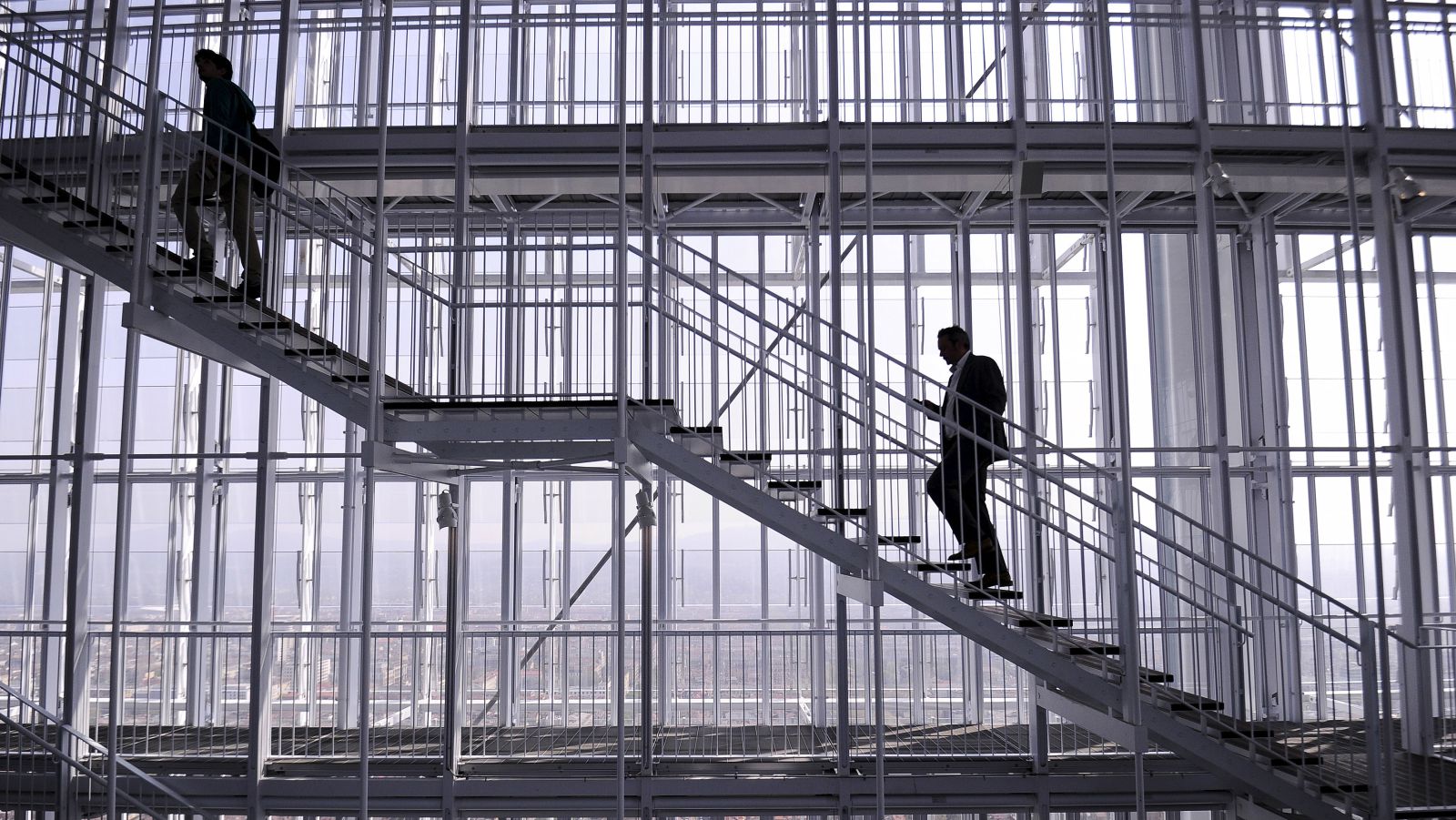On Saturday, Nana Addo Dankwa Akufo-Addo will be inaugurated as Ghana’s new president after having won a majority of votes in the December elections. Akufo-Addo of the opposition New Patriotic Party (NPP) is the fifth president to be elected under the country’s 1992 constitution. Akufo-Addo’s NPP also won an overwhelming majority of seats in Ghana’s parliament.
The 2016 election put an end to Akufo-Addo’s nearly two-decade long bid to become the country’s leader, having contested to be his party’s presidential nominee in 1998, and having served as an attorney general and foreign minister under President John Kufuor. After Kufuor, he became the NPP’s flag-bearer, but lost in two subsequent elections, in 2008 to John Evans Atta Mills and then to John Mahama in 2012. (Akufo-Addo will be the first president under the new republic whose first name is not John.)
Akufo-Addo comes to office with a strong popular mandate. Analysts expected the 2016 elections to be close following closely fought races in 2008 and 2012, but Akufo-Addo won 53.85 percent of the votes while the incumbent, John Mahama of the National Democratic Congress (NDC), trailed far behind with 44.4 percent.
How did Akufo-Addo win?
With voters in many regions closely aligned to either one of the two major parties, alternations of power in Ghana are largely determined by voters in four swing regions: Brong Ahafo, Central, Greater Accra and Western. In 2012, the NDC won majorities in each of the swing regions, but in 2016, these regions swung to the NPP.
Unlike citizens in many other African democracies, Ghanaians saw the opposition as a credible alternative. The most recent Afrobarometer survey shows that about a quarter of Ghanaians saw economic and developmental policies as the main difference between the ruling and opposition parties. Many also felt the opposition could do a better job than the ruling party to control inflation (32 percent ruling party vs. 43 percent opposition party), create jobs (34 percent vs. 43 percent), improve health services (37 percent vs. 41 percent) and fight corruption (34 percent vs. 37 percent).
Overall, Ghanaians had higher levels of confidence in the opposition to solve problems than citizens in any of the other 36 countries surveyed by Afrobarometer in 2014-2015. On average, fewer than 2 in 10 citizens in other countries hold these positive assessments of opposition parties.
Were the 2016 elections deemed free and fair?
Both domestic and international observers judged the December polls as being free and fair and all political parties have accepted the results and sent congratulatory messages to the new president.
Saturday’s democratic alternation of power marks the country’s third since the return to multiparty elections and underscores Ghana’s reputation as an exemplar democracy in Africa. Still, Akufo-Addo has much to do to translate this consistent democratic experience with elections into meaningful developmental outcomes for Ghanaian citizens.
What do Ghanaians expect of their new president?
As well as delivering on his party’s promise to create jobs for young people, Akufo-Addo will be primarily concerned with stimulating Ghana’s flagging economy.
Ahead of the elections, Afrobarometer survey data revealed widespread loss of confidence in the former ruling party’s ability to manage the economy. Ghanaian citizens were highly dissatisfied with economic conditions and had little confidence that incumbent President John Mahama was doing enough to address these concerns. More than 8 in 10 Ghanaians reported that the government was not effective in battling inflation (rates of inflation rose to over 18 percent in 2016). The vast majority of Ghanaians also thought the government was not doing enough to create jobs (76 percent), provide a reliable supply of electricity (75 percent) or fight corruption (71 percent).

The percent of negative responses (“very badly” or “badly”) to the following Afrobarometer survey question in Ghana: How well or badly would you say the current government is handling the following matters, or haven’t you heard enough to say?
For the new government to successfully deliver better education and health services and improve public infrastructure, first they will have to combat corruption in the public sector. The corruption scandals that rocked the NDC administration have nearly all involved public procurement. Before the election, the NPP alleged that millions of dollars were lost in sole-source contracting.
Akufo-Addo has promised to establish an Office of a Special Prosecutor that is independent from the executive branch. The special prosecutor will investigate and prosecute corrupt public officials. The move circumvents the institutional bottlenecks faced by the two existing anti-corruption agencies, the Commission on Human Rights and Administrative Justice (CHRAJ) and the Economic and Organized Crime Office. Both require the authority of the attorney general to prosecute criminal acts, and many Ghanaians see neither as effective in their aims to curb corruption.
Controversially, Mahama had made substantive appointments to the country’s anti-corruption agency, CHRAJ, and the National Commission for Civic Education in his final three weeks in office. These positions have been vacant since 2015. Mahama has also appointed a new auditor general. These appointments have raised controversies over their purpose and legality. The opposition has indicated it might review these appointments upon assuming office.
Source: Washington Post









